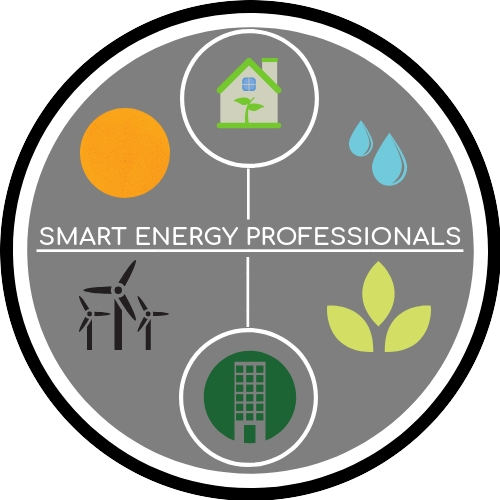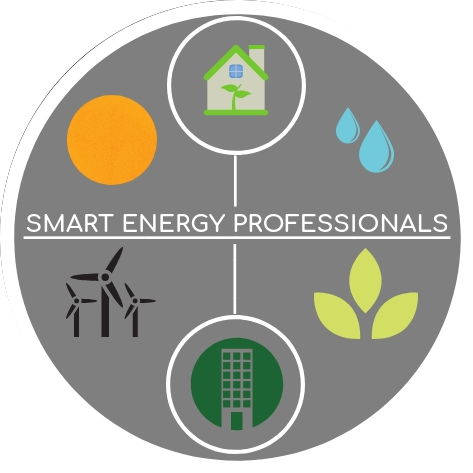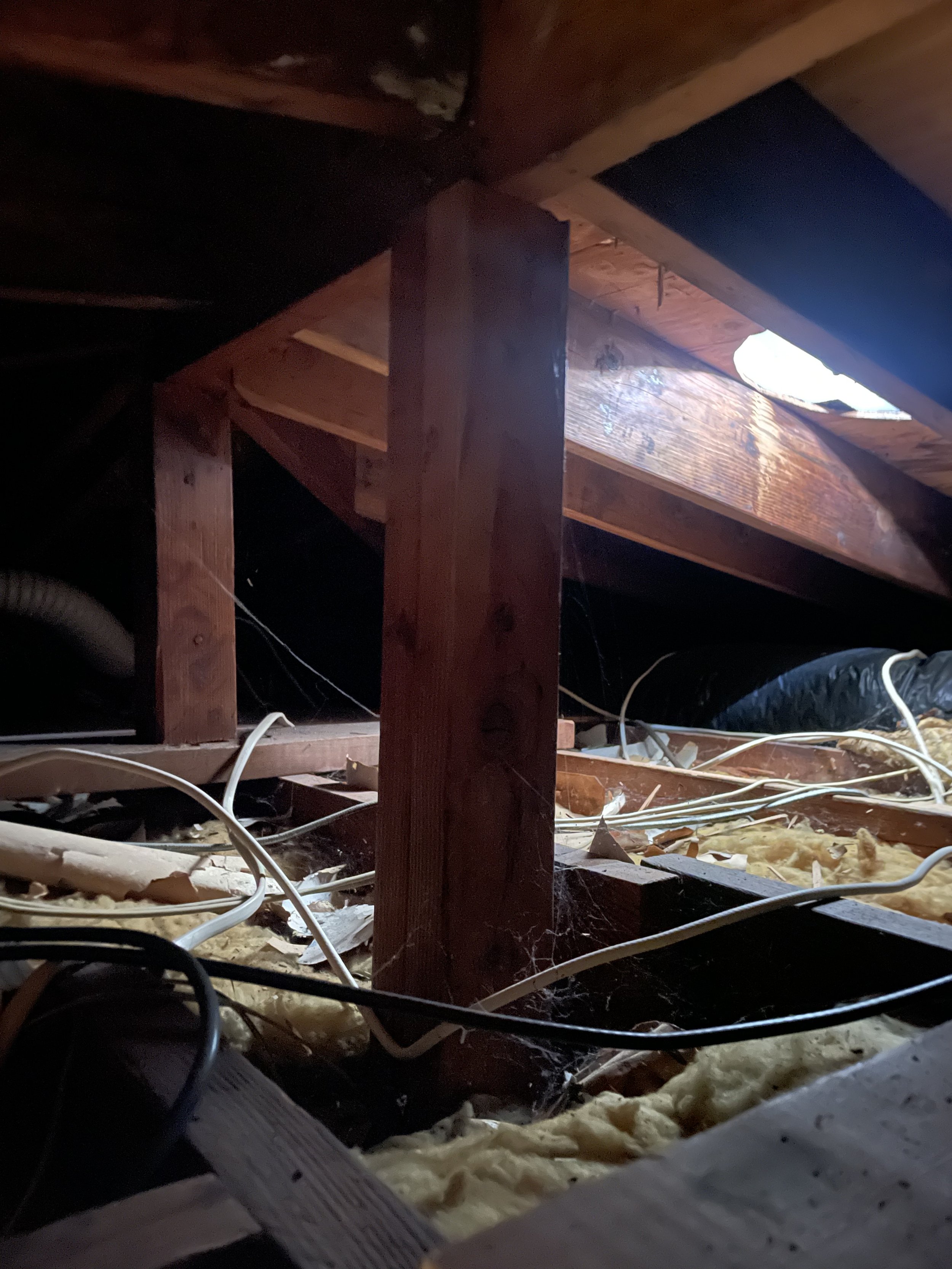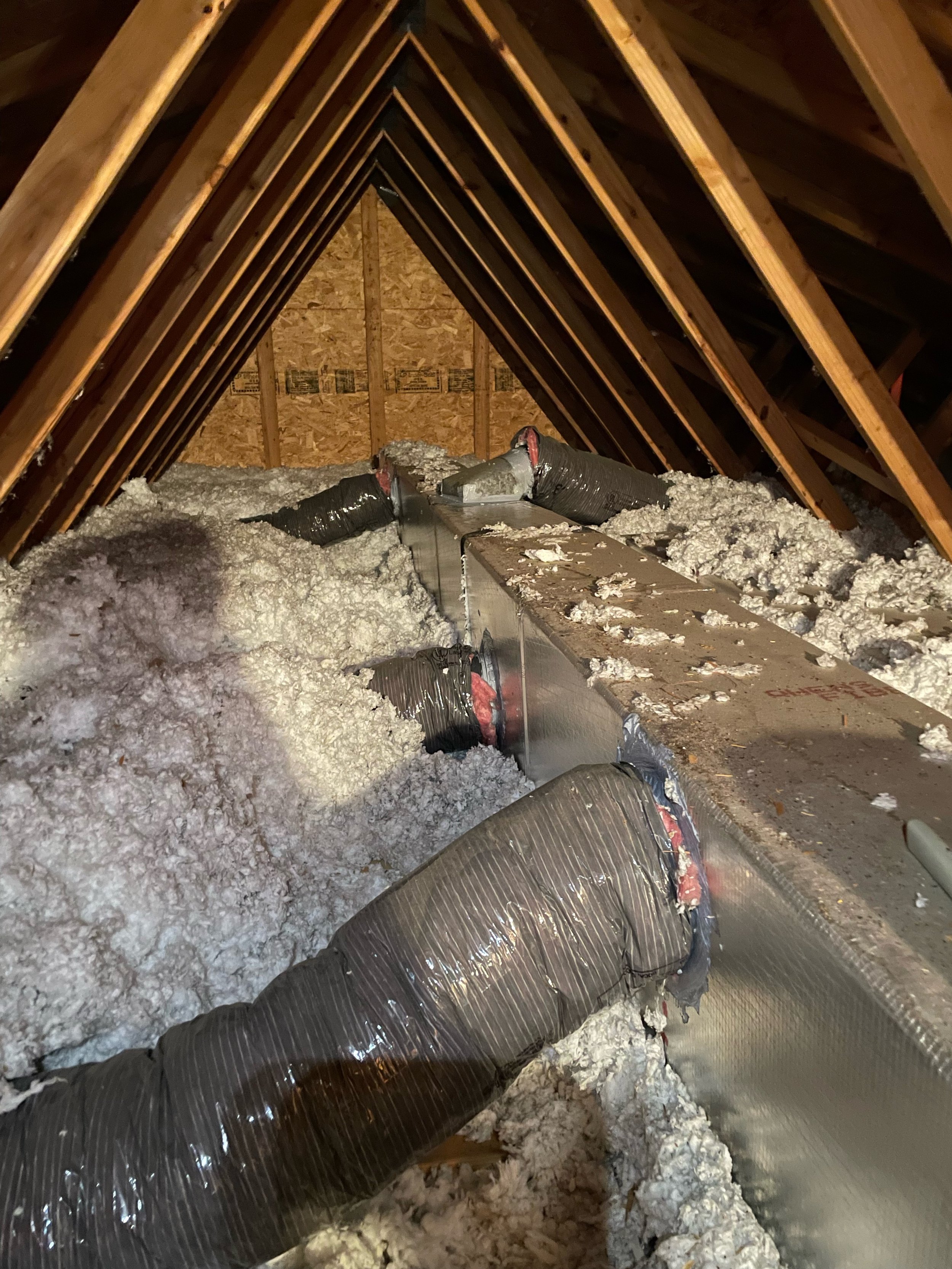Fiberglass
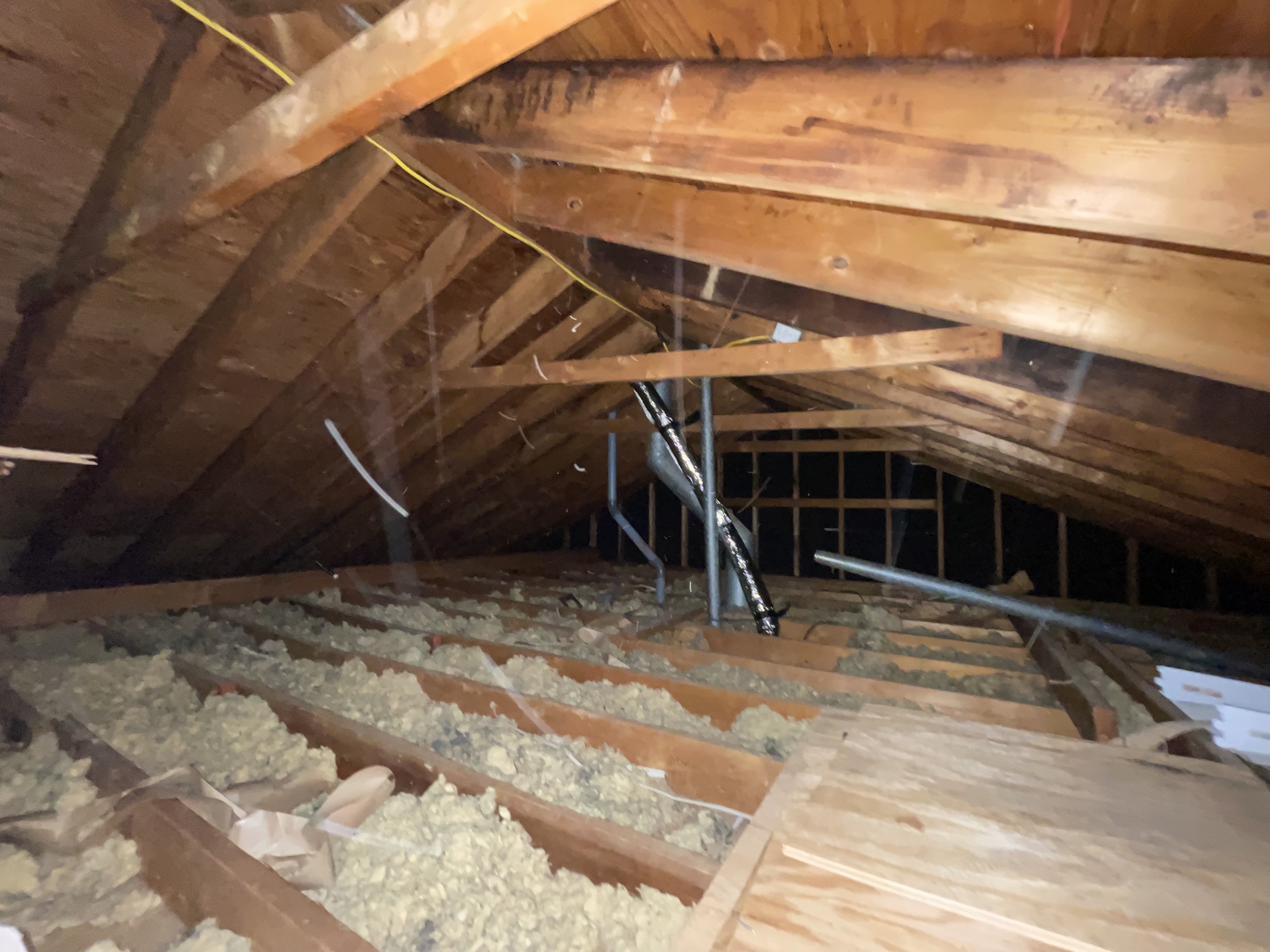
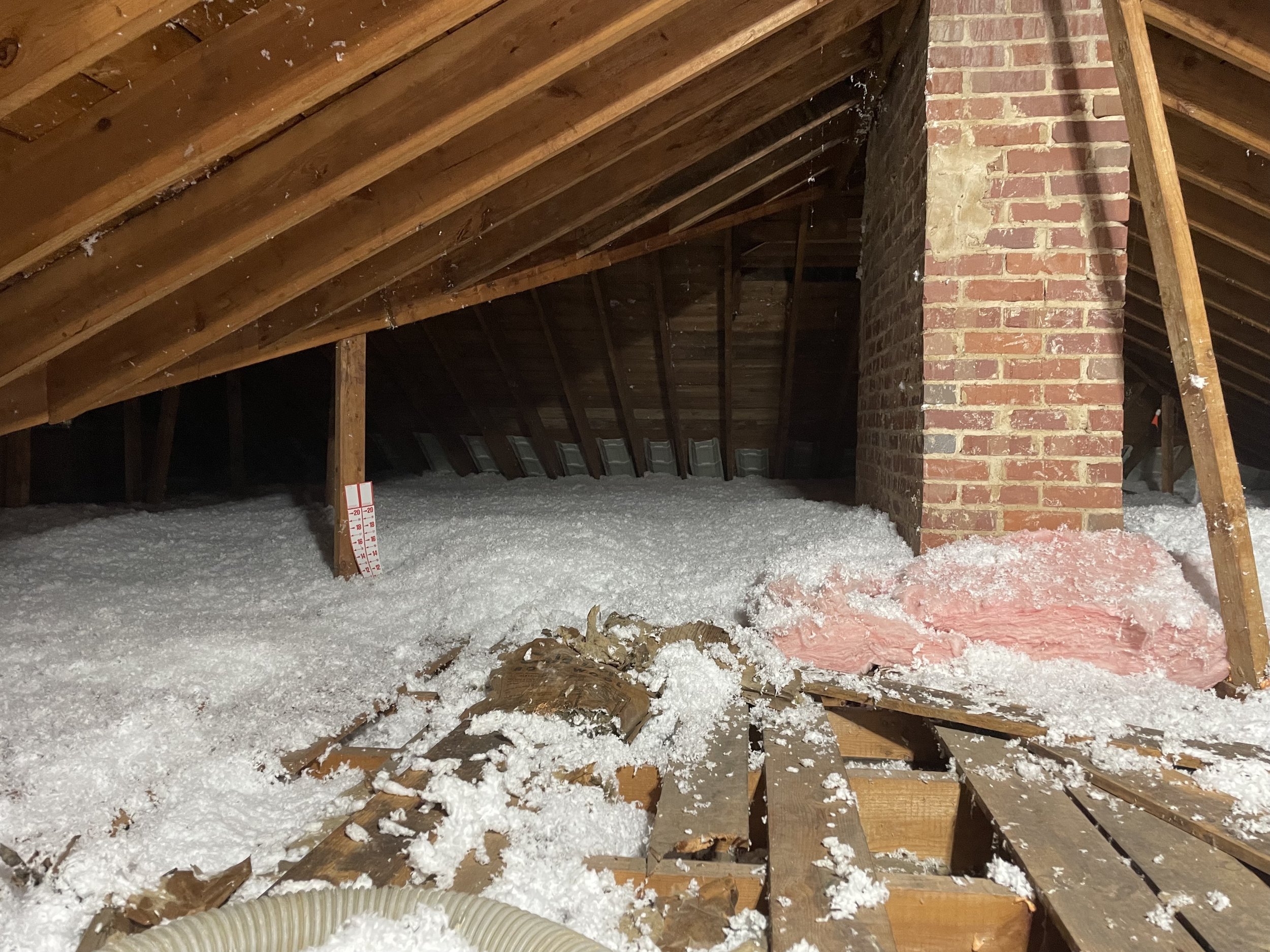
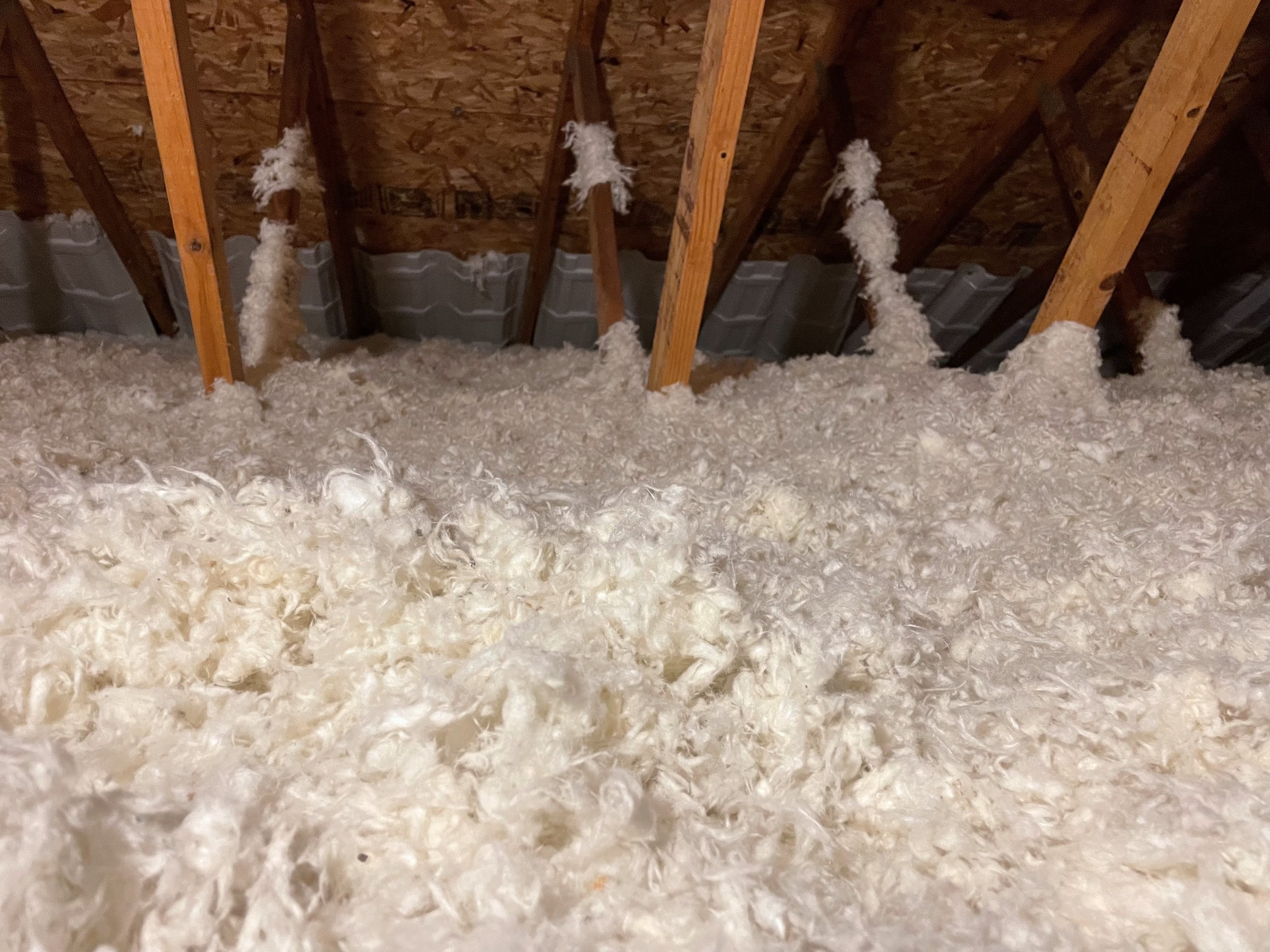
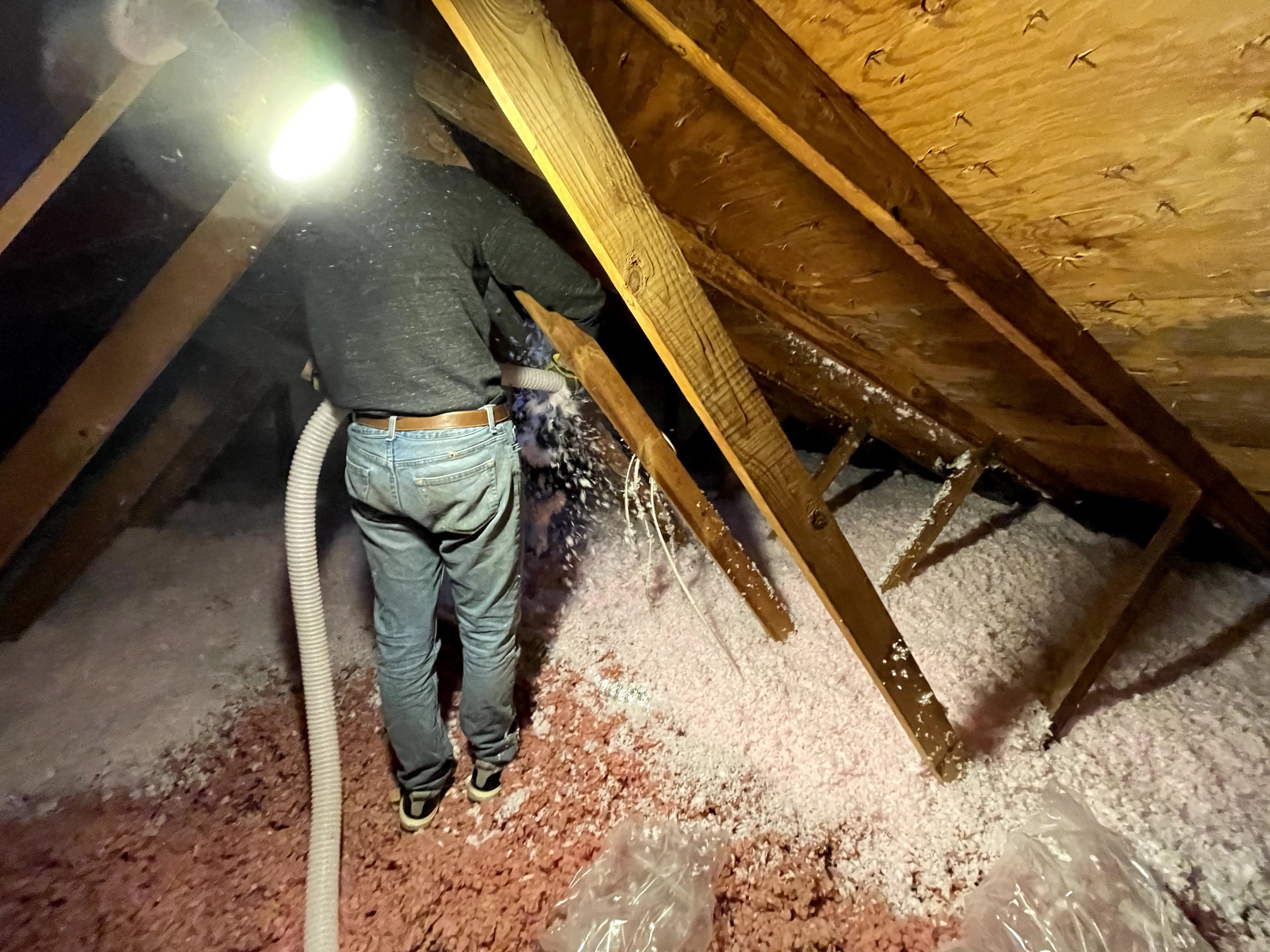
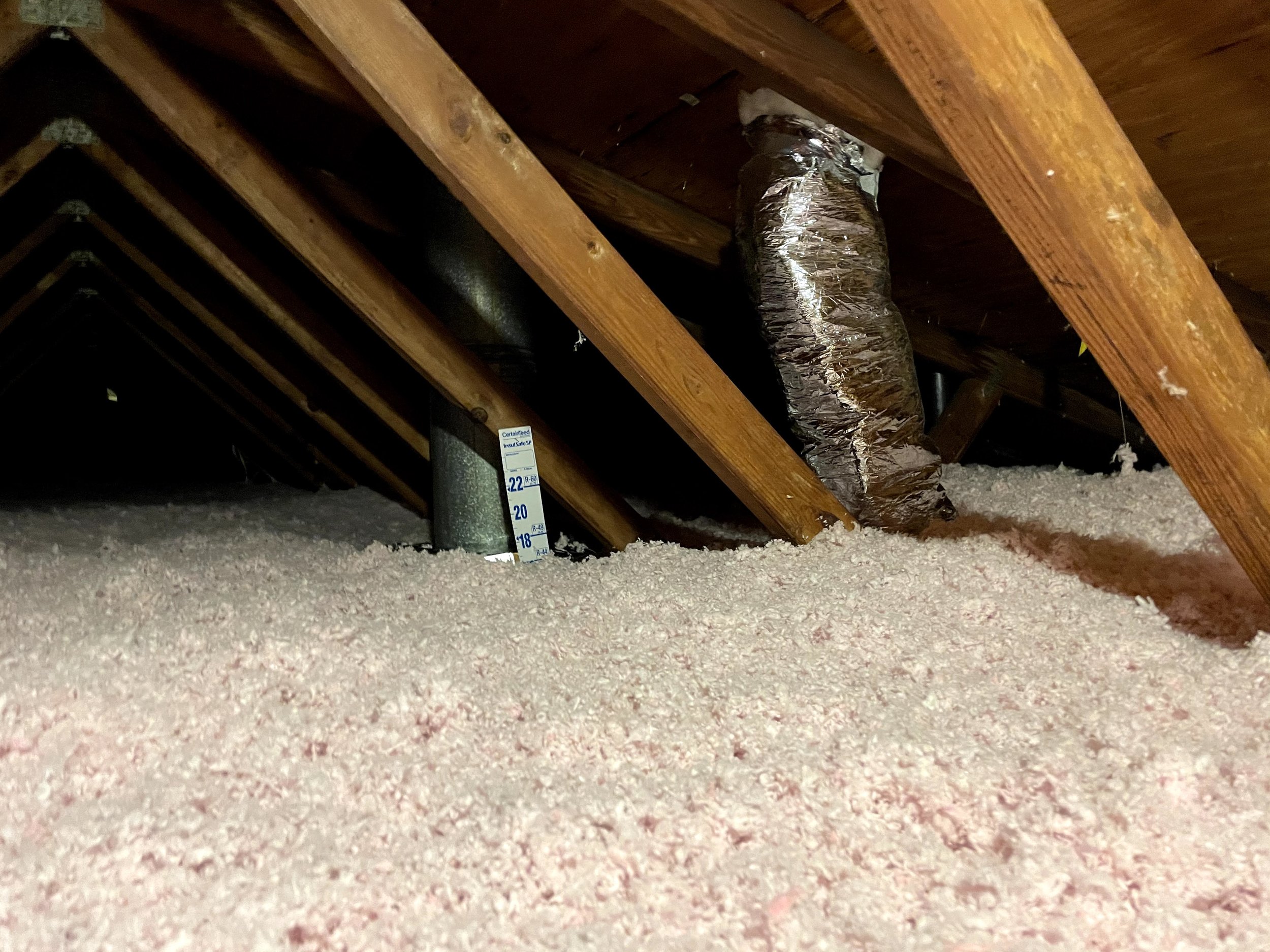
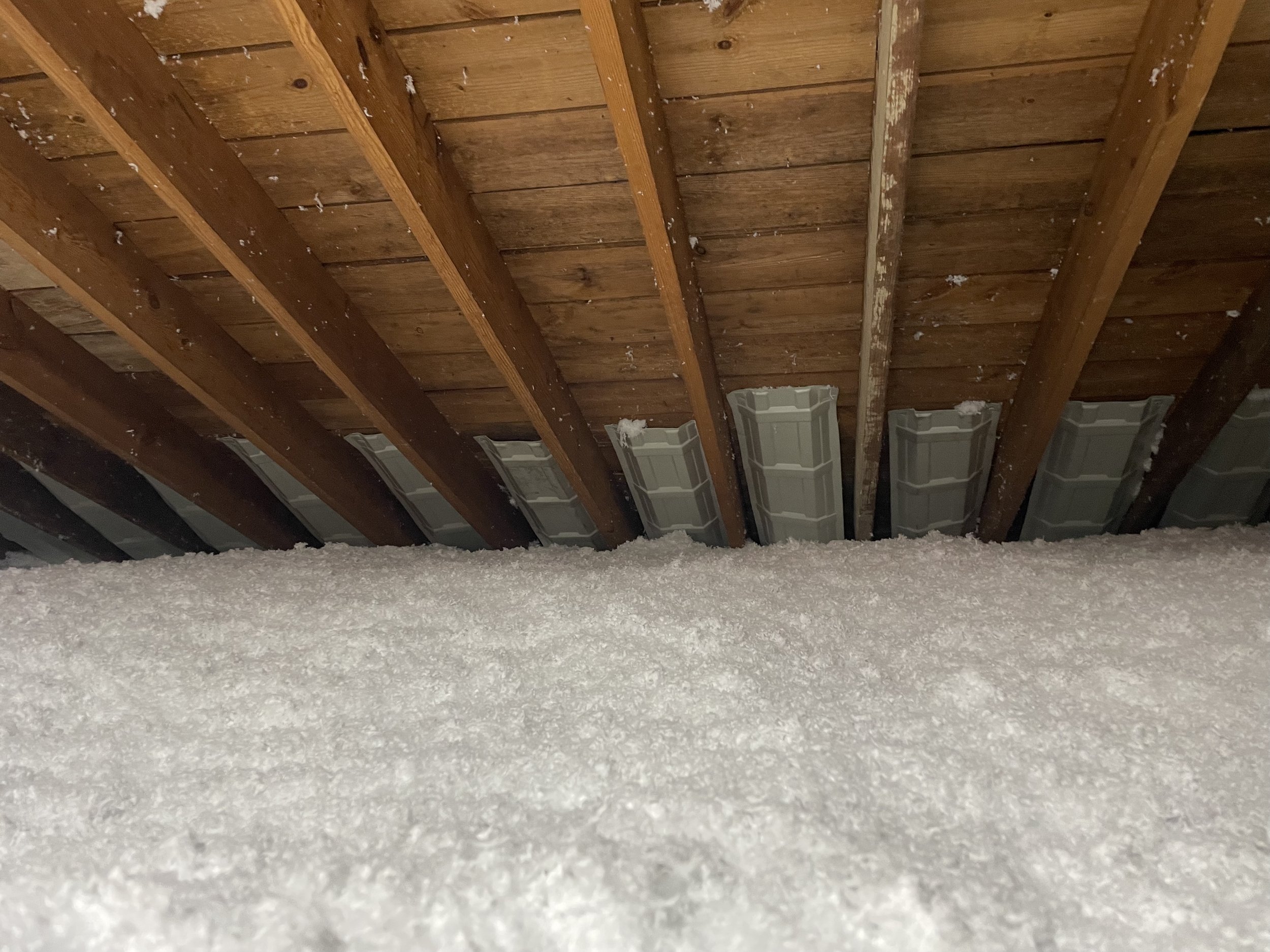
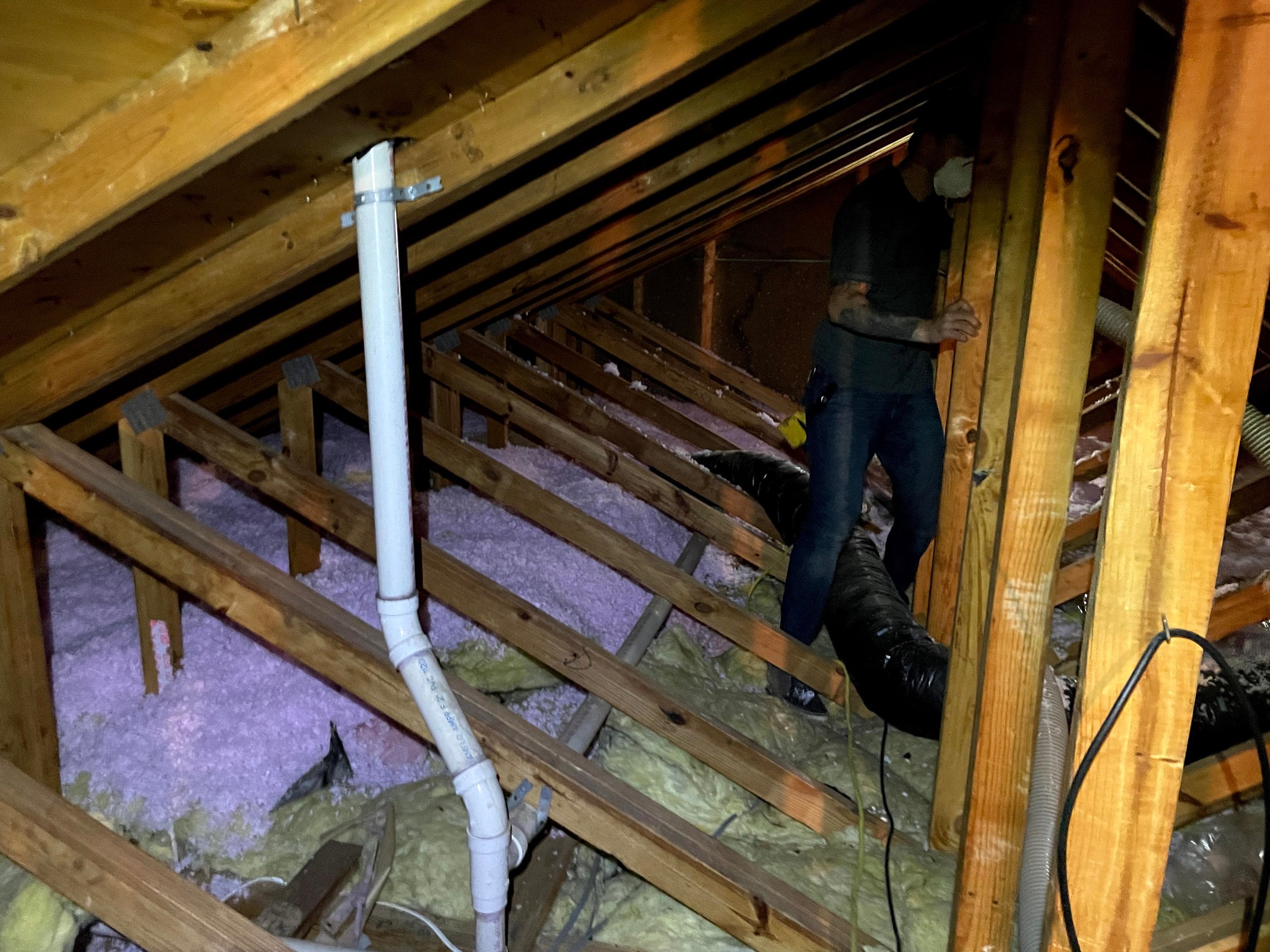
What’s FIBERGLASS Insulation?
Fiberglass insulation is a type of insulation material composed of extremely fine glass fibers. It is commonly used in buildings to enhance energy efficiency and thermal insulation. The fiberglass fibers trap air pockets, slowing down the transfer of heat and helping to maintain comfortable temperatures inside a structure. Fiberglass insulation is available in different forms, such as batts, rolls, or loose-fill, and can be installed in walls, ceilings, and floors. It is known for its affordability, versatility, fire resistance, and sound-absorbing properties.
What are some pros and cons of using cellulose insulation?
Pros of using fiberglass insulation:
Cost-effective: Fiberglass insulation is generally more affordable compared to other insulation materials, making it a budget-friendly option.
Versatility: It comes in various forms, such as batts, rolls, or loose-fill, allowing for easy installation in different areas and configurations.
Thermal insulation: Fiberglass insulation effectively traps air pockets, reducing heat transfer and improving energy efficiency by keeping buildings warmer in winter and cooler in summer.
Sound insulation: It helps to dampen and reduce noise transmission, creating a quieter indoor environment.
Fire resistance: Fiberglass insulation has inherent fire-resistant properties, which can enhance safety and help contain the spread of fire.
Cons of using fiberglass insulation:
Skin irritation: Direct contact with fiberglass insulation can cause skin irritation for some individuals. It is important to take proper precautions and wear protective clothing when handling and installing it.
Respiratory concerns: Fine fiberglass particles can become airborne during installation or if the insulation is disturbed, potentially causing respiratory irritation or discomfort. Wearing a mask or respirator is recommended during installation or when working around exposed fiberglass insulation.
Moisture absorption: Fiberglass insulation can absorb moisture if not properly protected or if a vapor barrier is not installed. This can reduce its effectiveness and potentially lead to mold or other moisture-related issues.
Air leakage: Fiberglass insulation alone may not effectively seal air leaks. Additional measures like sealing air gaps with caulk or insulation foam are often needed to enhance energy efficiency.
Environmental impact: The production process of fiberglass insulation involves the use of non-renewable resources, and some fiberglass insulation products may contain binders or additives that have environmental concerns.
It's essential to consider these factors and weigh them against your specific needs and circumstances when deciding whether fiberglass insulation is the right choice for your building. Consulting with professionals can also provide valuable guidance in making an informed decision.
Upgrade your home's energy efficiency and comfort with fiberglass insulation! Experience the benefits of reduced heating and cooling costs, improved thermal insulation, and soundproofing. Don't miss out on the affordability and versatility of fiberglass insulation. Before choosing, it is recommended to consult with Smart Energy Professionals first so we can assess your specific needs and provide guidance on the most suitable insulation solution for your project. Schedule an energy audit today or give us a call if you have any questions!
